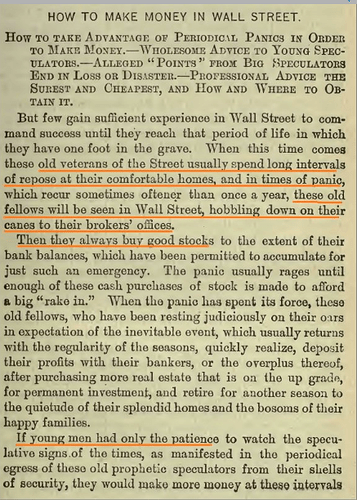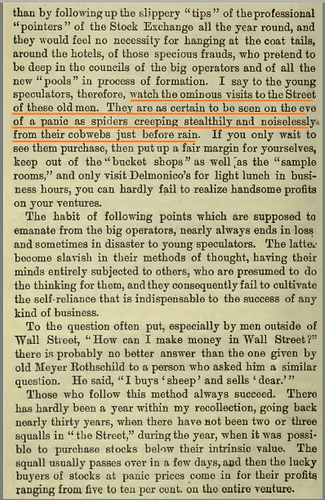I have a counter viewpoint on the latest budget. I think it has numerous positive aspects that we are missing out on and that could be because we have seen a 5% drawdown in NIFTY. The stock markets are a little myopic; while on one side it looks like the correction is due to increase in taxes, the drop in NIFTY could be due to the markets needing a reason to take profits off the table. NIFTY crossed 12K for the first time a few weeks back and we have had a one way 20% rally from the lows seen in late 2018. Profit booking was expected anytime.
During the 2016-2018 bull cycle, we had all stocks including the substandard one’s rally. The rubbish stocks were the ones that have shown a steep rally over a short span of time and they have corrected equally fast. The poor-quality ones seem attractive due to price action and a large number of retail investors have invested here unfortunately and that has resulted in a lot of pain. The good quality ones have either continued to make newer highs or shown corrections and partially recovered too.
During 2016-2018, we also had the clampdown on pollution in China, because of which some sectors in India like metals and chemicals benefited. With Chinese factories coming back onstream or simply due to profit booking, these stocks have shown a correction too, which was expected. Retailers have invested here as well, and the ensuing corrections have taken them by surprise.
Here are some notable positives from the budget:
One key reason for the current liquidity crunch is due to poor standards of lending practiced by NBFC’s towards the risky real estate sector; The government is encouraging PSU banks to purchase high rated NBFC retail loan assets by providing a credit guarantee and has also provided for capitalizing these banks. These steps seem adequate and anything more by the government would have been uncalled for (like helping NBFC’s tide over risky builder loans). RBI will now be the new regulator for HFC’s
While personal tax rates have gone up for the super-rich, corporate tax rates have come down from 30% to 25% for turnover less than 400 crore. (7% approx. increase in EPS for small/micro cap companies)
Continued investments in infrastructure: Railways and Road development will continue to see large investments and pertinent stocks will benefit (like Dilip Buildcon, Ashok Buildcon)
The government has put forth aggressive targets when it comes to basic necessities for the poor who are the vast majority of the country: like clean water and electricity for all households. We have seen power stocks and “water related stocks” (those companies possessing technology for clean water) rally.
While more aggressiveness when it comes to combating pollution like a roadmap towards moving to EV’s for instance, would have been welcome, however, going forward, I am expecting organizations like NITI Aayog and the newly formed “Jal Shakti Ministry” to come out with innovative proposals when it comes to combating air and water pollution.
While the following is not budget related, it is commendable, nevertheless: The government has transformed the economics of the sugar sector. Around 5%-10% of rural population is dependent on sugarcane grown by them. All sugar stocks took a beating late last year due to a sugar glut seen worldwide and even in our country. The government reforms took all by surprise, including the naysayers. There were numerous investors who concluded that the sugar rally was over. The reforms are well thought through and will go a long way to ensure that sugar companies are profitable, farmer dues are paid and our reliance on crude comes down (due to a mandatory 20% ethanol blending into petrol and higher payments being done towards ethanol produced from sugarcane directly called “B heavy molasses route”). Sugar stocks have shown a remarkable turnaround yet again.
I think that the pain being experienced by investors is mostly due to investments in substandard stocks and cyclical sectors like commodities, auto, etc. that have corrected steeply. The current NIFTY correction could be profit booking driven and there is an opportunity to rebalance portfolios by focusing on companies that could benefit from incremental investments being made by our government as detailed in the budget. The move towards reducing promoter holding from 75% to 65% in public companies could result in better corporate governance standards being practiced by them and is also an opportunity to rebalance portfolios.
The budget impact will end soon, and NIFTY movements will go back to being dictated by basics: EPS growth and sustainability of the same.


